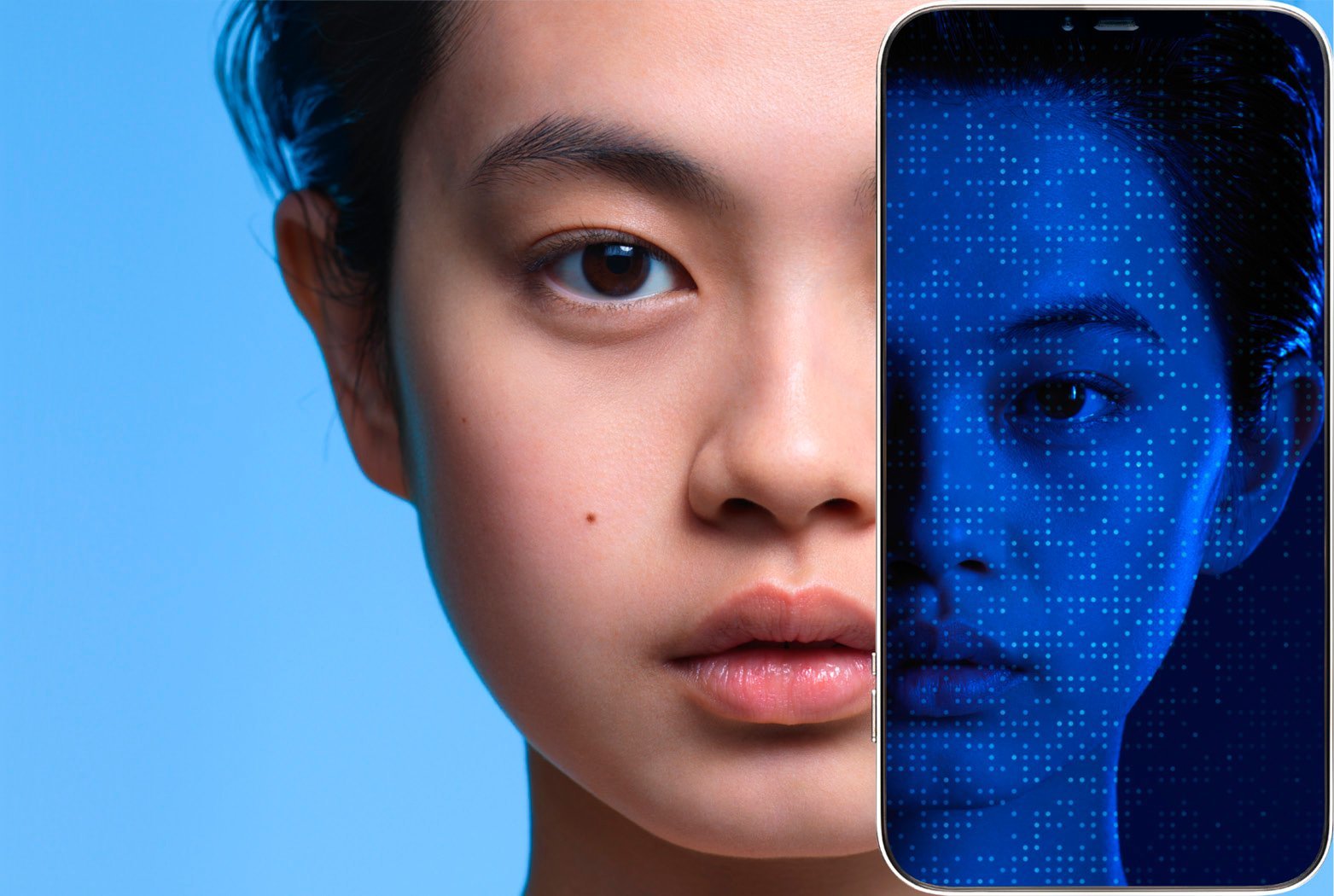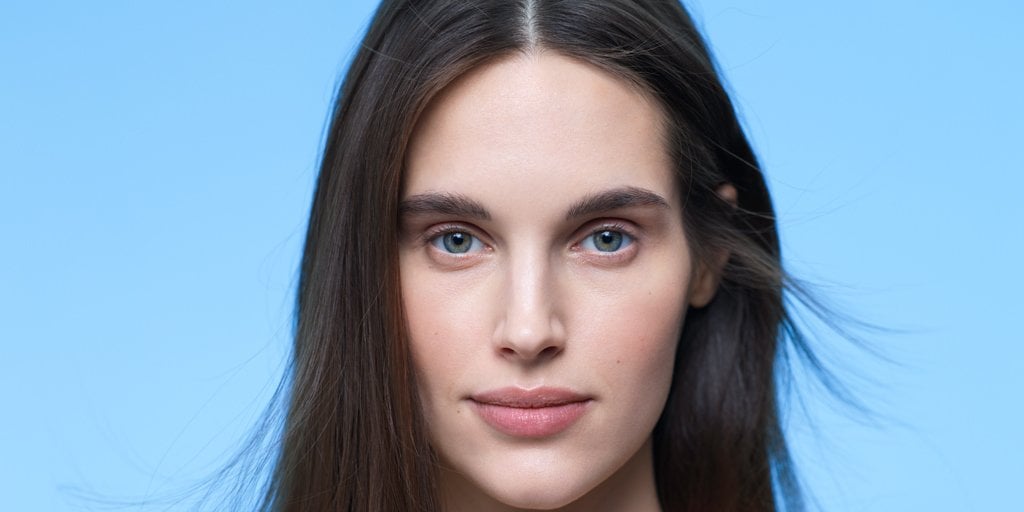TAKING ENVIRONMENTAL IMPACT INTO ACCOUNT
AT EVERY STAGE OF PRODUCT DEVELOPMENT
But what about the environment? La Roche-Posay Laboratories take the possibility of any environmental impact into account at every stage of product development. As part of the Sharing Beauty with All program,
La Roche-Posay ensures that 100% of our final products are meticulously evaluated in terms of environmental and social performance at every step of their life cycle, in order to strongly progress on 4 major criteria:
- environmental footprint of our formula (biodegradability, impact on aquatic life, renewability, etc.)
- raw material sourcing
- packaging
- product social benefits
Both of the sun filters used in La Roche-Posay suncare, Mexoryl XL and SX, have been tested on corals. Even extreme concentrations of these filters in sea water have been proven to have no bleaching effect on coral.
In the article below, you will find further information about the robust steps taken by La Roche-Posay to ensure its sun products protect skin, while respecting the environment.






